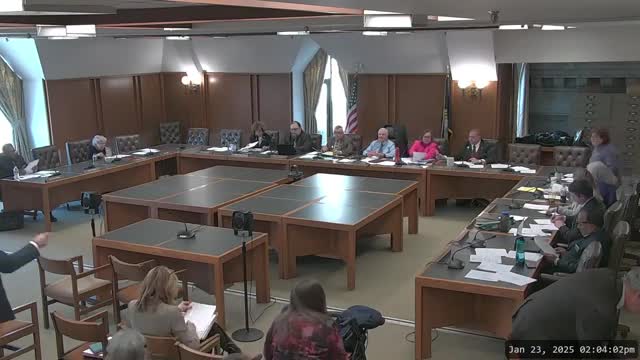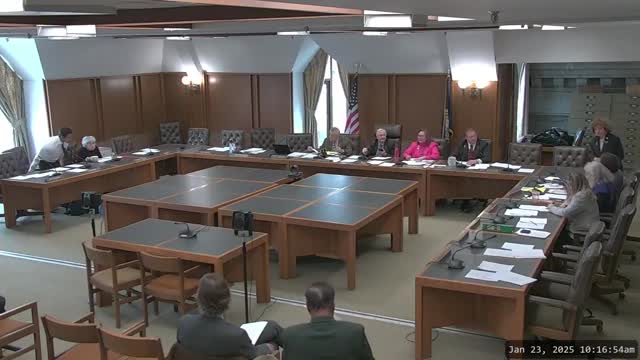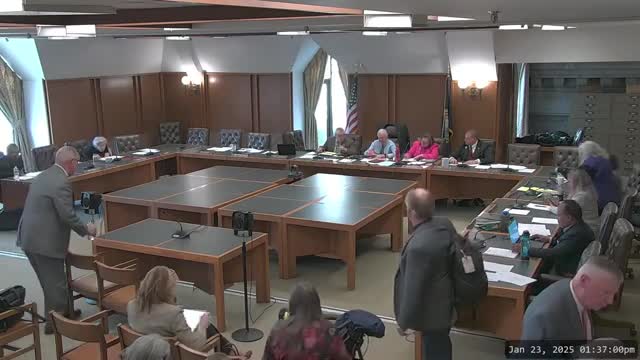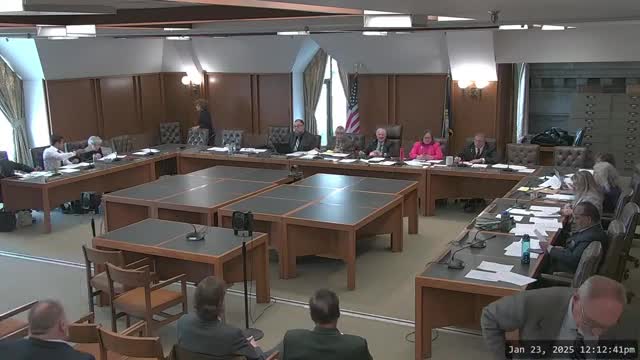Article not found
This article is no longer available. But don't worry—we've gathered other articles that discuss the same topic.

Committee hears plan to require limited coverage for integrative pain services as alternatives to opioids

Committee hears competing views on UCC changes aimed at prohibiting CBDC and restoring individual securities ownership

Lawmakers hear push to ban PFAS in ski, snowboard and boat wax

Representative says insurers should pay when they require extra staff training of health providers

